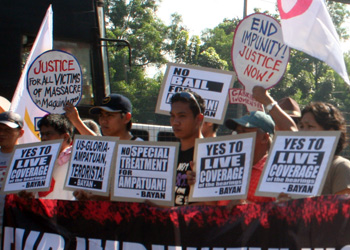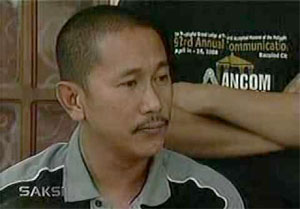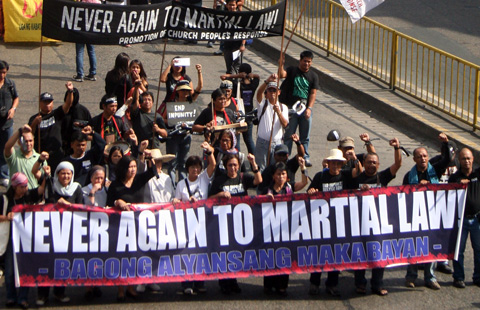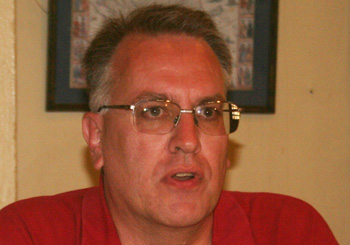
By RONALYN V. OLEA
“While we respect the view that a trial by publicity can be detrimental to the accused, we fail to see how that can happen in this case. The Ampatuan case is extremely important for the public, the media and the relatives of the victims. The media and the public — particularly those who live outside Metro Manila and who can only follow the proceedings through the media — need to know exactly what is going on inside the courtroom.”





